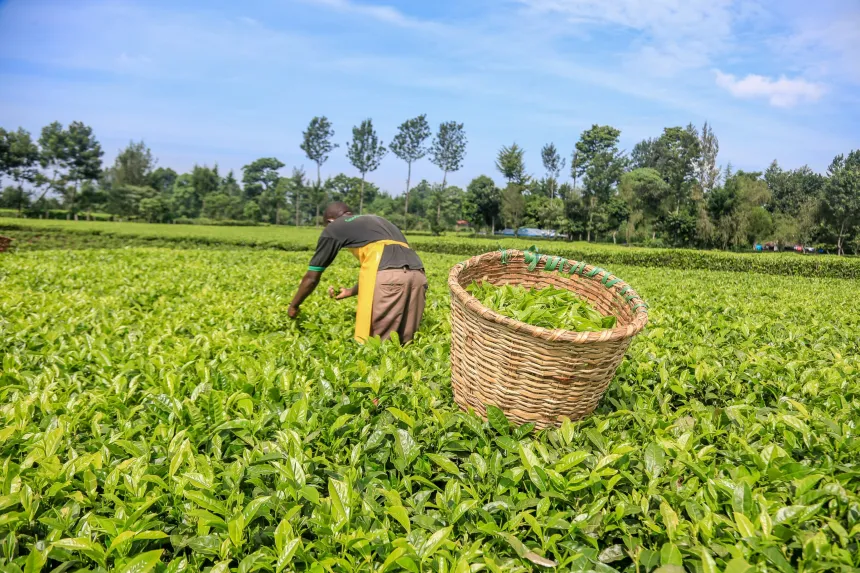The government has announced a significant Ksh 3.5 billion investment aimed at improving infrastructure in 19 tea factories across the country. This move is part of a broader set of reforms targeting the tea sector, intended to enhance operational efficiency and ensure farmers earn more from their produce.
Speaking in Naivasha during a meeting with Kericho County MCAs, Agriculture Principal Secretary Dr. Kiprono Rono revealed that the government is focused on improving value addition in the tea industry by eliminating levies on packaging materials and reducing taxes affecting the sector.
“Infrastructure development will boost factory efficiency and help meet the growing demand for high-quality tea,” said Dr. Rono. He added that the reforms would also facilitate direct tea sales, which are expected to lower transaction costs and increase farmers’ earnings.
Kenya will also host an international tea conference in October, aiming to explore new markets and opportunities for local tea producers.
Beyond tea, the reforms extend to other critical value chains including coffee, pyrethrum, avocado, and sugar. Kericho County is among 19 counties set to benefit from over 500,000 pyrethrum seedlings, 1.2 million coffee seedlings, and 27 varieties of sugarcane that are high-yielding, drought and disease-resistant, and have a shorter maturity period.
To enhance access to inputs, the government is establishing last-mile fertilizer distribution centers and will support 1,450 ward-level cooperatives where farmers can acquire certified seedlings and production financing.
Kericho County Speaker Dr. Patrick Mutai welcomed the reforms and emphasized the importance of collaboration between county governments and the national Agriculture Department for successful program implementation.
County Majority Leader Philip Rono echoed the sentiments, noting that government interventions in coffee and avocado farming have already improved farmers’ income. He also highlighted the introduction of the new juncao fodder crop, which has significantly boosted milk production and earnings for local dairy farmers.
These multi-sectoral reforms mark a renewed effort to transform Kenya’s agriculture and increase rural incomes.

